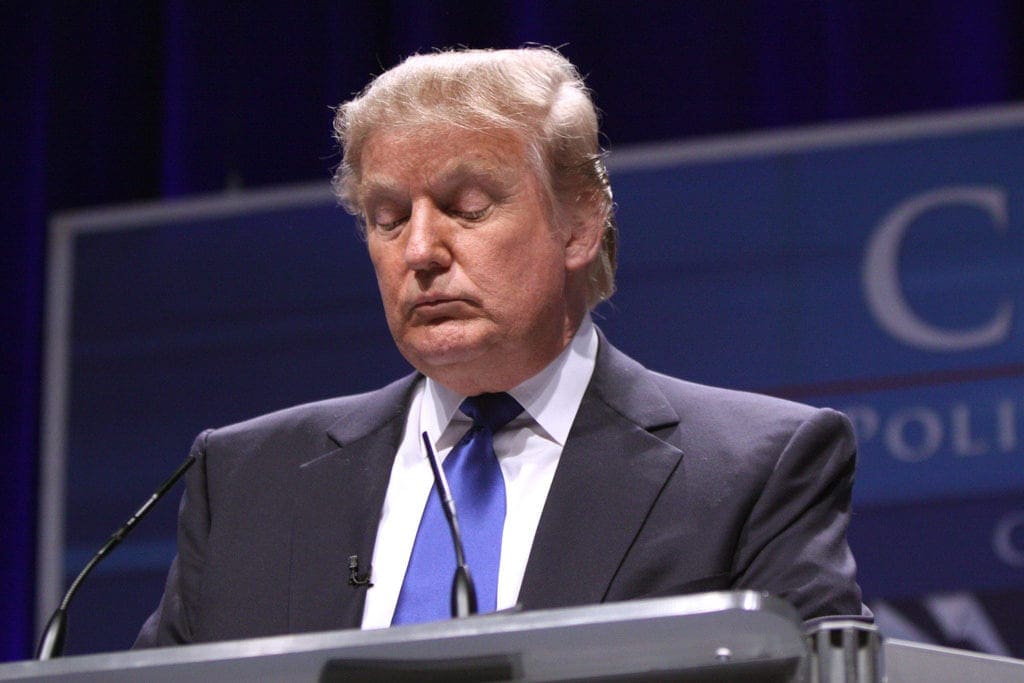After the two horrific mass shootings in Texas and Ohio, President Donald Trump spoke to the press, condemning white supremacy and blaming the madness on the “glorification of violence” and mental illness. To help prevent similar attacks in the future, the president talked about implementing the death penalty for hate-crime mass murders.
In an apparent attempt to play down what his critics say is a failure to enact gun control, the president added that the gun didn’t pull the trigger. Instead, “mental illness and hatred” were in charge.
While it might be comforting to know that, unlike his predecessor, the president doesn’t blame guns for these tragedies, it might be just as concerning to learn that he believes that a “hate crime” should be treated any differently, while simply parroting the right’s video game claim.

Just like the left with their calls for gun control, conservatives never cease to blame violence on video games. And while the president may not be wrong to bring up “glorification of violence” as a real problem, he’s still far from unmasking this debate for what it is: an opportunity for politicians to push their agenda.
‘Hate Crime’ and the Quest For Attention
Defining certain activities as hate crime didn’t do much to help prevent bigotry, as proven by the ever-increasing rate of crimes categorized as such. What the practice accomplished instead was to elevate certain activities and force law enforcement to treat them as crime.
Tagging a building, for instance, might be vandalism. But tagging a symbol such as the swastika or an offensive word is seen as a hate crime.
As the FBI explains, “[a] hate crime is a traditional offense like murder, arson, or vandalism with an added element of bias.” And the media never ceases to cover such crimes, oftentimes exaggerating the circumstances and giving the incident more attention than other types of crime.
Much like what news outlets do with mass shootings, most also claim that we are going through a particularly troubling crisis, and that we’re dealing with an “epidemic.”
But as Ryan McMaken explained for the Mises Institute, homicides are not a growing part of American life. As a matter of fact, “the homicide rate in America in recent years has been around half of what it was in the early 1990s,” he wrote. What has grown, however, is the rate of hate crime hoaxes.
As theorized by Justin Murray here, “there is immense value in becoming a victim of a hate crime.” Media narratives pick up on this, elevating hate crime stories. The ugliest side effect of this is the inevitable incentive structure for people sick enough to kill for attention.
By giving murders the additional “hate crime” label, Trump trivializes murder itself, as this new category paints regular murder as a lesser offense than murder carried out by a bigot.
As Tho Bishop noted, pushing for any kind of gun control legislation during times like this actually helps to “feed the political theater of the absurd.” Pushing for tougher penalties for murderers because they happen to be racist has the same effect.
This is how vicious cycles of violence are created. When the only meaning or purpose to one’s identity is that of oppressor or oppressed, there will be no peace.




















